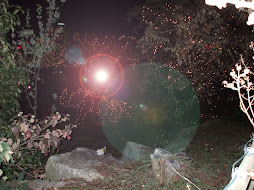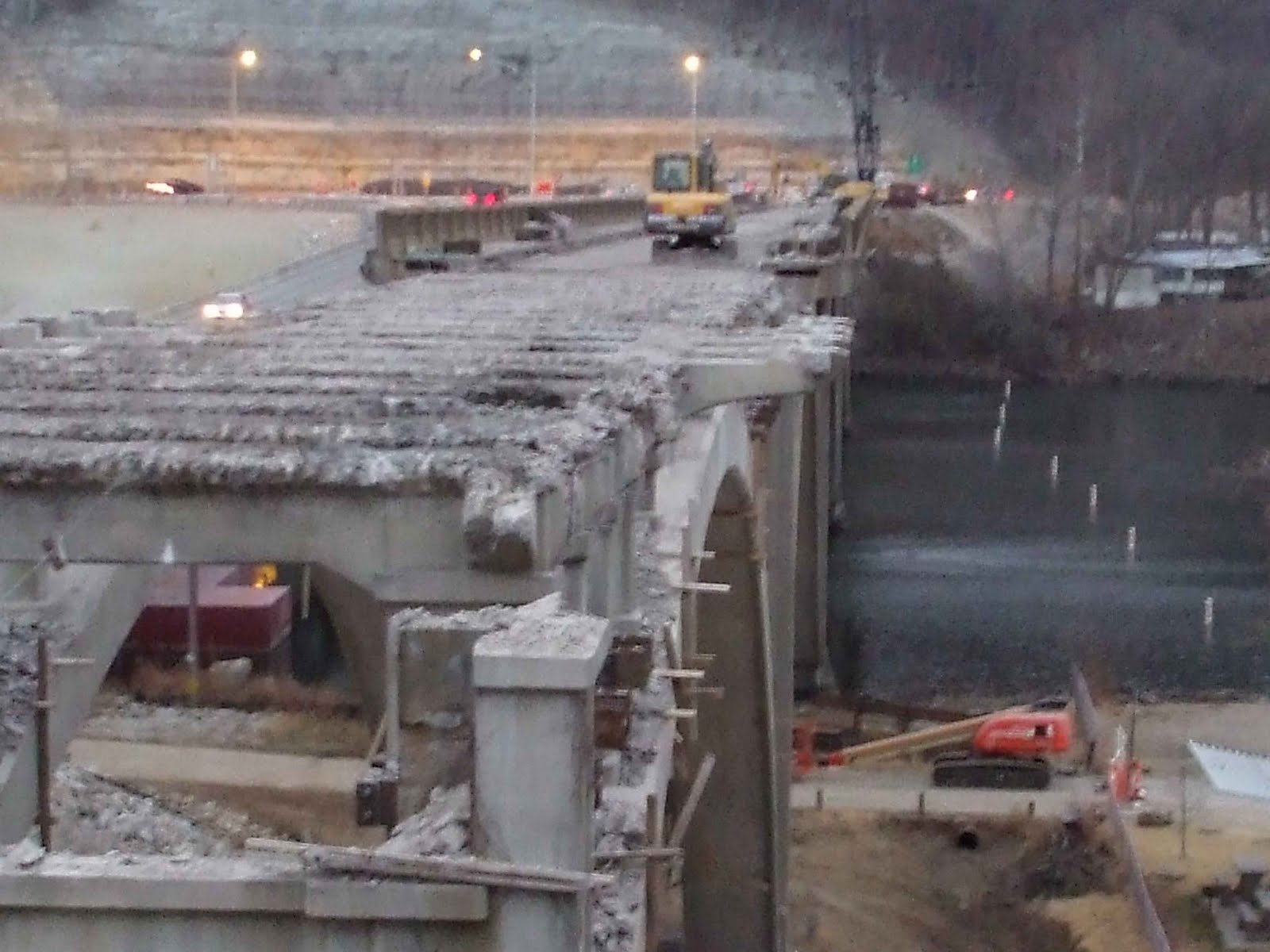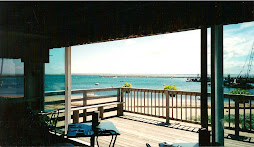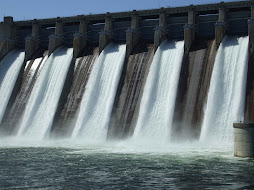Melted fuel in Reactor No. 3 appears to have burned through pressure vessel — Loaded with rods containing plutonium Energy News, via Godlike Productions. Excerpts:
From Meltdowns also likely occurred at No. 2, No. 3 reactors of Fukushima plant, Asahi Shinbun, May 18, 2011:
Ex-SKF via Rense. Excerpts:
No. 3 reactor… is the only one at the site loaded with a mixed fuel known as mox, for mixed oxide, which includes reclaimed plutonium. -NYTimes
Asian Stocks Increase on Takeover Speculation, Tokyo Electric Nuclear Plan File Under: Financial Happy Talk, meaning nothing..
Asian stocks rose, driving a regional benchmark index higher for the first time in five days, amid improved earnings and merger-and-acquisition speculation. Tokyo Electric Power Co. gained after it presented a plan for stabilizing a stricken nuclear-power plant.
Take Two: Japan business pessimism eases: Reuters Tankan Sheesh. Reuters. Excerpts:
Japanese corporate pessimism eased in May in a sign the economy may have started bottoming out two months after the March 11 earthquake, a Reuters poll showed, but companies remain cautious over the outlook as supply bottlenecks keep constraining output.
The monthly poll, which has a 95 percent correlation with the Bank of Japan's closely watched quarterly tankan survey, marked the first improvement in corporate confidence since the quake, supporting the view that the central bank will keep its policy unchanged when it meets this week.
“Situation at Fukushima out of control” Video from Russia Today, via Rense.
Video: Fukushima Daiichi, The Inside View From The Wall Street Journal. Excerpts:
Tokyo Electric Power Co. Tuesday released a 13-minute video of the crippled Fukushima Daiichi nuclear power plant – one of the longest clips that reveals a glimpse of the work taking place inside the troubled facility.
The silent reel, shot on May 6, shows workers spraying parts of the damaged reactors and suiting up in protective gear in the specially constructed earthquake-resistant emergency headquarters located several hundred meters from the reactors.
Hiroaki Koide of Kyoto University: "Melted Core Outside the Containment Vessel"
Hiroaki Koide of Kyoto University Research Reactor Institute is quoted by Mainichi Shinbun as saying that the melted core of the Reactor 1 is not just out of the Reactor Pressure Vessel but out of the Containment Vessel.
And:
From Mainichi Shinbun, Koide's comments only (5/16/2011):
According to TEPCO, the data analysis shows that damage to the RPV is not extensive. However, Koide thinks "The RPV has been completely damaged, the melted core bore a hole at the bottom of the Containment Vessel, causing the large amount of contaminated water to leak into the ground beneath the reactor building."
Scientists Will Track Fukushima Radiation To Study Ocean Currents Forbes, via Rense.
Oceanographers know that the Kuroshio current sweeps west from Japan to the Central Pacific and then toward the U.S. West Coast, but they’re less certain how it behaves after it branches toward Alaska and California.
Radiation still leaking into the sea from the damaged Fukushima nuclear power plant will help them document the ocean’s circulatory system.
..
Scientists have predicted that Fukushima’s longer living isotopes—such as cesium-137, with a half-life of 30 years—will reach Hawaii in about a year and the coast of California in two to three years. By that time, the isotopes should be significantly diluted from mixing with ocean water. (Sure. Even though we have no realistic estimation of this event's duration, McMahon states the radiation will be "significantly diluted" by mixing with the ocean. This is true, by definition. Will the water be safe? Hell no..)
From Meltdowns also likely occurred at No. 2, No. 3 reactors of Fukushima plant, Asahi Shinbun, May 18, 2011:
Ex-SKF via Rense. Excerpts:
And like the No. 1 reactor, the melted fuel appears to have created holes in the pressure vessel of the No. 3 reactor, according to the data of Tokyo Electric Power Co. released May 16. [...]
..
According to the data, the pressure in the pressure vessel of the No. 2 reactor dropped at 6:43 p.m. on March 15. A similar drop in pressure also took place at the No. 3 reactor at 11:50 p.m. on March 16.
..
Those declines were apparently the result of holes made in the pressure vessels. [...] it appears that melted nuclear fuel formed new holes in the pressure vessels. [...]
No. 3 reactor… is the only one at the site loaded with a mixed fuel known as mox, for mixed oxide, which includes reclaimed plutonium. -NYTimes
Asian Stocks Increase on Takeover Speculation, Tokyo Electric Nuclear Plan File Under: Financial Happy Talk, meaning nothing..
Asian stocks rose, driving a regional benchmark index higher for the first time in five days, amid improved earnings and merger-and-acquisition speculation. Tokyo Electric Power Co. gained after it presented a plan for stabilizing a stricken nuclear-power plant.
Take Two: Japan business pessimism eases: Reuters Tankan Sheesh. Reuters. Excerpts:
Japanese corporate pessimism eased in May in a sign the economy may have started bottoming out two months after the March 11 earthquake, a Reuters poll showed, but companies remain cautious over the outlook as supply bottlenecks keep constraining output.
The monthly poll, which has a 95 percent correlation with the Bank of Japan's closely watched quarterly tankan survey, marked the first improvement in corporate confidence since the quake, supporting the view that the central bank will keep its policy unchanged when it meets this week.
“Situation at Fukushima out of control” Video from Russia Today, via Rense.
Video: Fukushima Daiichi, The Inside View From The Wall Street Journal. Excerpts:
Tokyo Electric Power Co. Tuesday released a 13-minute video of the crippled Fukushima Daiichi nuclear power plant – one of the longest clips that reveals a glimpse of the work taking place inside the troubled facility.
The silent reel, shot on May 6, shows workers spraying parts of the damaged reactors and suiting up in protective gear in the specially constructed earthquake-resistant emergency headquarters located several hundred meters from the reactors.
Hiroaki Koide of Kyoto University: "Melted Core Outside the Containment Vessel"
Hiroaki Koide of Kyoto University Research Reactor Institute is quoted by Mainichi Shinbun as saying that the melted core of the Reactor 1 is not just out of the Reactor Pressure Vessel but out of the Containment Vessel.
And:
From Mainichi Shinbun, Koide's comments only (5/16/2011):
According to TEPCO, the data analysis shows that damage to the RPV is not extensive. However, Koide thinks "The RPV has been completely damaged, the melted core bore a hole at the bottom of the Containment Vessel, causing the large amount of contaminated water to leak into the ground beneath the reactor building."
Scientists Will Track Fukushima Radiation To Study Ocean Currents Forbes, via Rense.
Oceanographers know that the Kuroshio current sweeps west from Japan to the Central Pacific and then toward the U.S. West Coast, but they’re less certain how it behaves after it branches toward Alaska and California.
Radiation still leaking into the sea from the damaged Fukushima nuclear power plant will help them document the ocean’s circulatory system.
..
Scientists have predicted that Fukushima’s longer living isotopes—such as cesium-137, with a half-life of 30 years—will reach Hawaii in about a year and the coast of California in two to three years. By that time, the isotopes should be significantly diluted from mixing with ocean water. (Sure. Even though we have no realistic estimation of this event's duration, McMahon states the radiation will be "significantly diluted" by mixing with the ocean. This is true, by definition. Will the water be safe? Hell no..)
































































































No comments:
Post a Comment